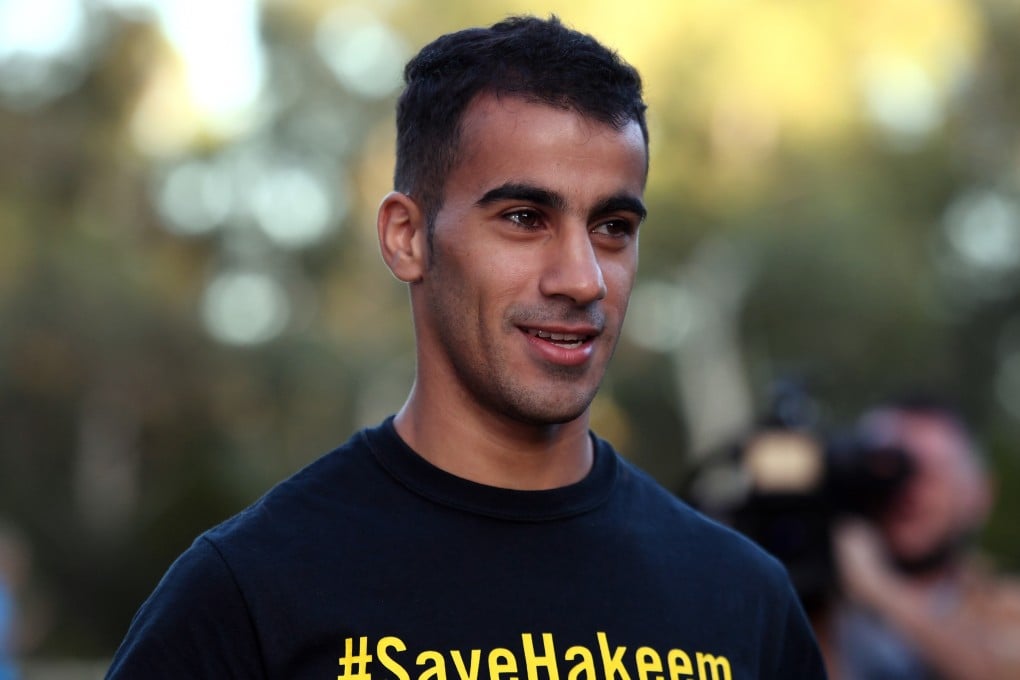Hakeem al-Araibi had the world on his side, but the next ‘Hakeem’ should not have to rely on a global campaign to uphold human rights
- Football activist Craig Foster is hoping the sport does more to ensure it fulfils its obligations towards human rights

Hakeem al-Araibi was unable to see much from his Thai jail cell but beyond the prison bars that denied the refugee Bahraini footballer his freedom, the world outside – for him – was changing in a way he could never imagine.
His detention and the political machinations surrounding it sparked a global campaign to free him. But that, in truth, is the problem. Al-Araibi may be a free man thanks to a worldwide effort but the tragedy of it all is that the world should never have become involved in the first place.
The moment he was arrested in late November upon arriving in Bangkok for his honeymoon, a little corner in Melbourne, Australia – where he lived after gaining refugee status in 2017 and played his football – stirred.
The ripples reached Sydney, which became the unofficial headquarters for the #SaveHakeem campaign. Using football as its network, the movement spread rapidly, reaching Canberra and the Prime Minister’s office, sweeping past Australia’s shores and eventually encompassing the world.
Protests in Melbourne, Sydney, Berlin and Vancouver, among other cities, proved to those who had the power to free Al-Araibi that the world was angry. The protesters made it clear they would do everything they could to stop Al-Araibi from being extradited to Bahrain, where he feared detention and torture because he had publicly accused a member of the royal family – Asian Football Confederation President Sheikh Salman bin Ebrahim al-Khalifa – of involvement in the crackdown of Bahrain athletes during the Arab spring.